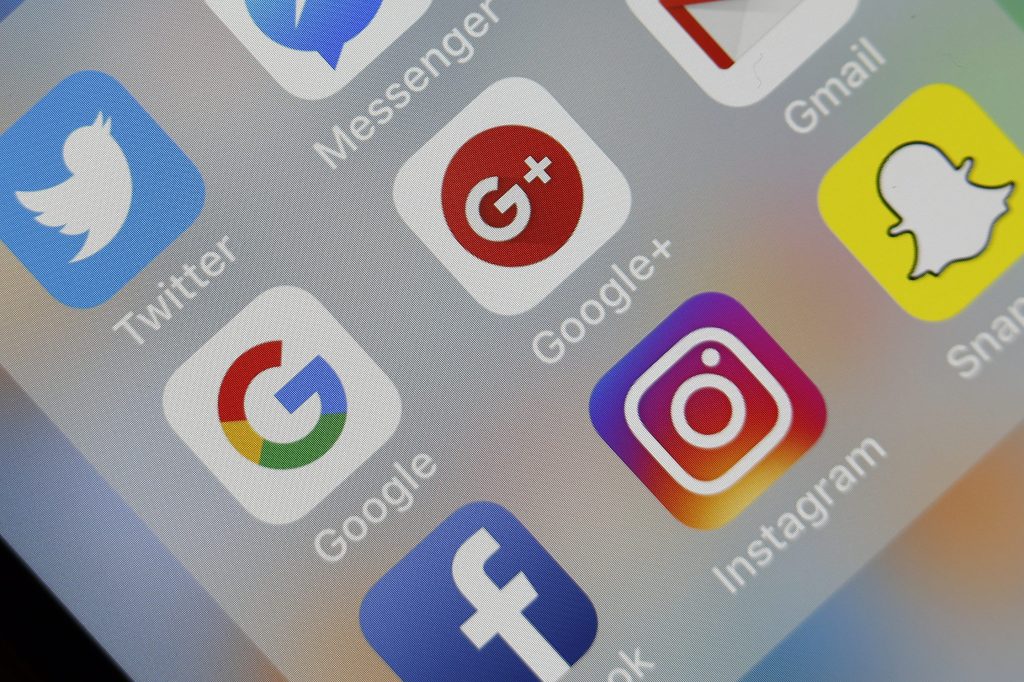Starting March 12, New York employers are prohibited from asking or requiring employees or job applicants to disclose usernames and login information to personal social media accounts.
The new law brings New York in line with California, Colorado, Illinois, New Jersey, and several other states that have legislated to protect employees’
Register for free to keep reading
To continue reading this article and unlock full access to GRIP, register now. You’ll enjoy free access to all content until our subscription service launches in early 2026.
- Unlimited access to industry insights
- Stay on top of key rules and regulatory changes with our Rules Navigator
- Ad-free experience with no distractions
- Regular podcasts from trusted external experts
- Fresh compliance and regulatory content every day













